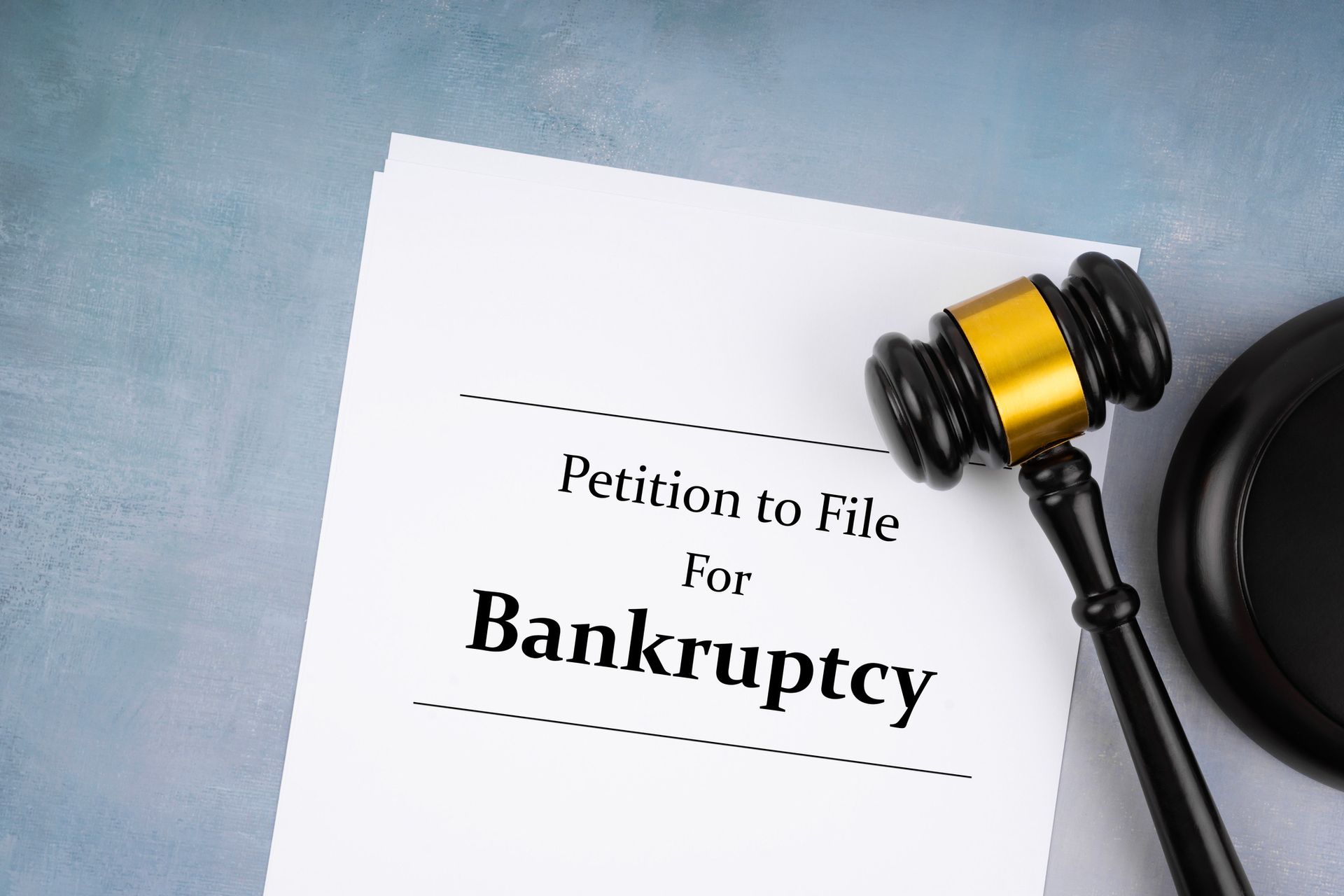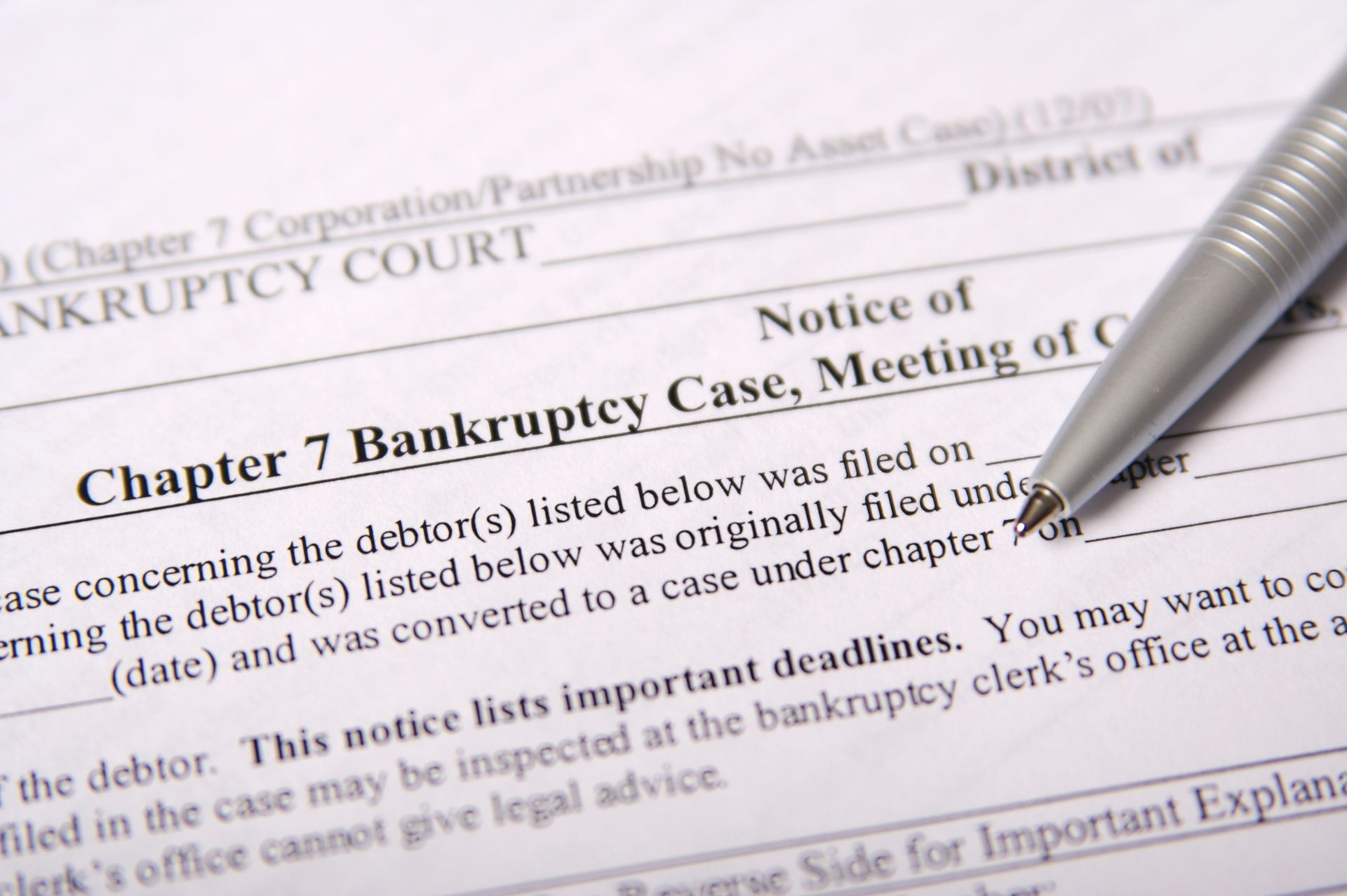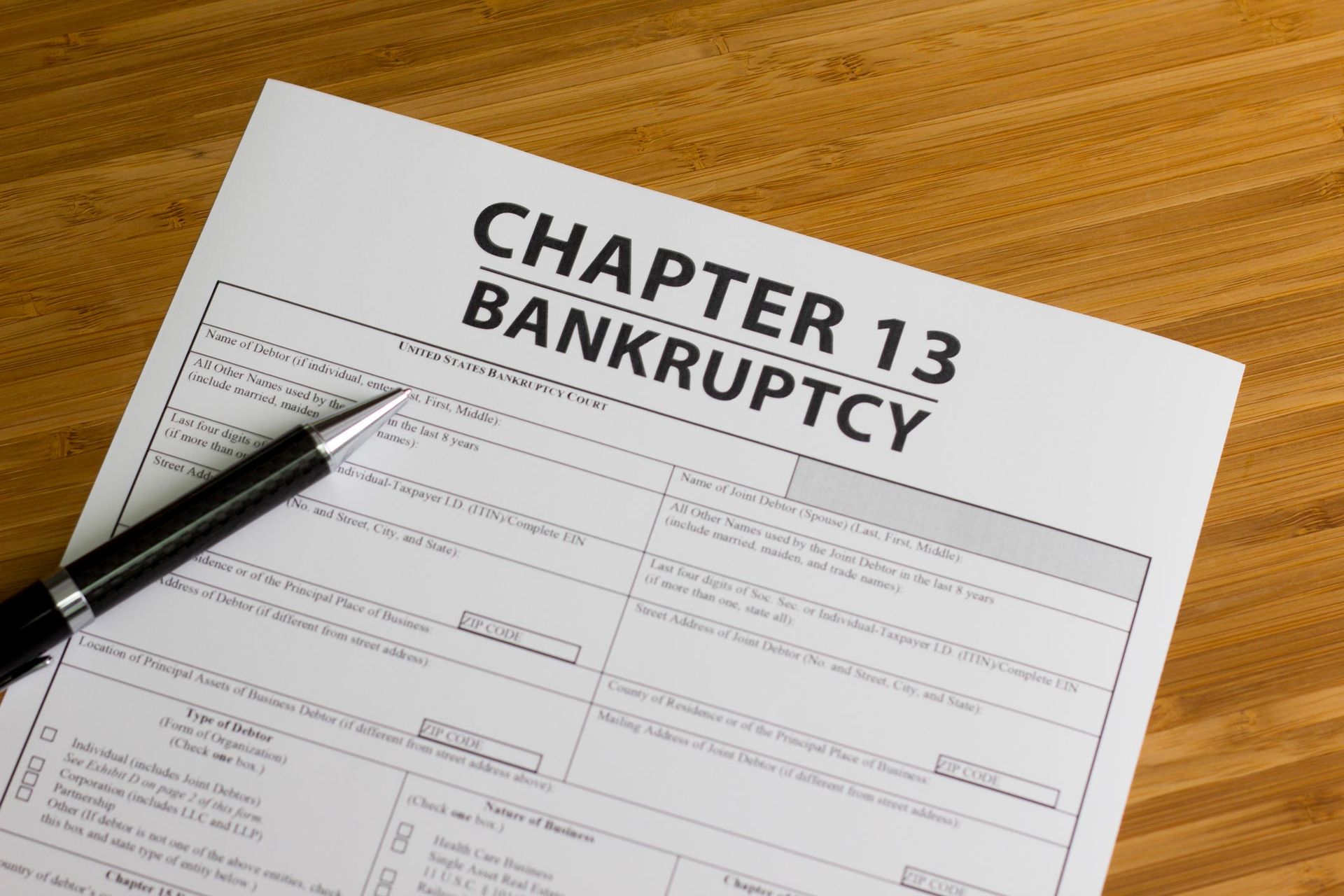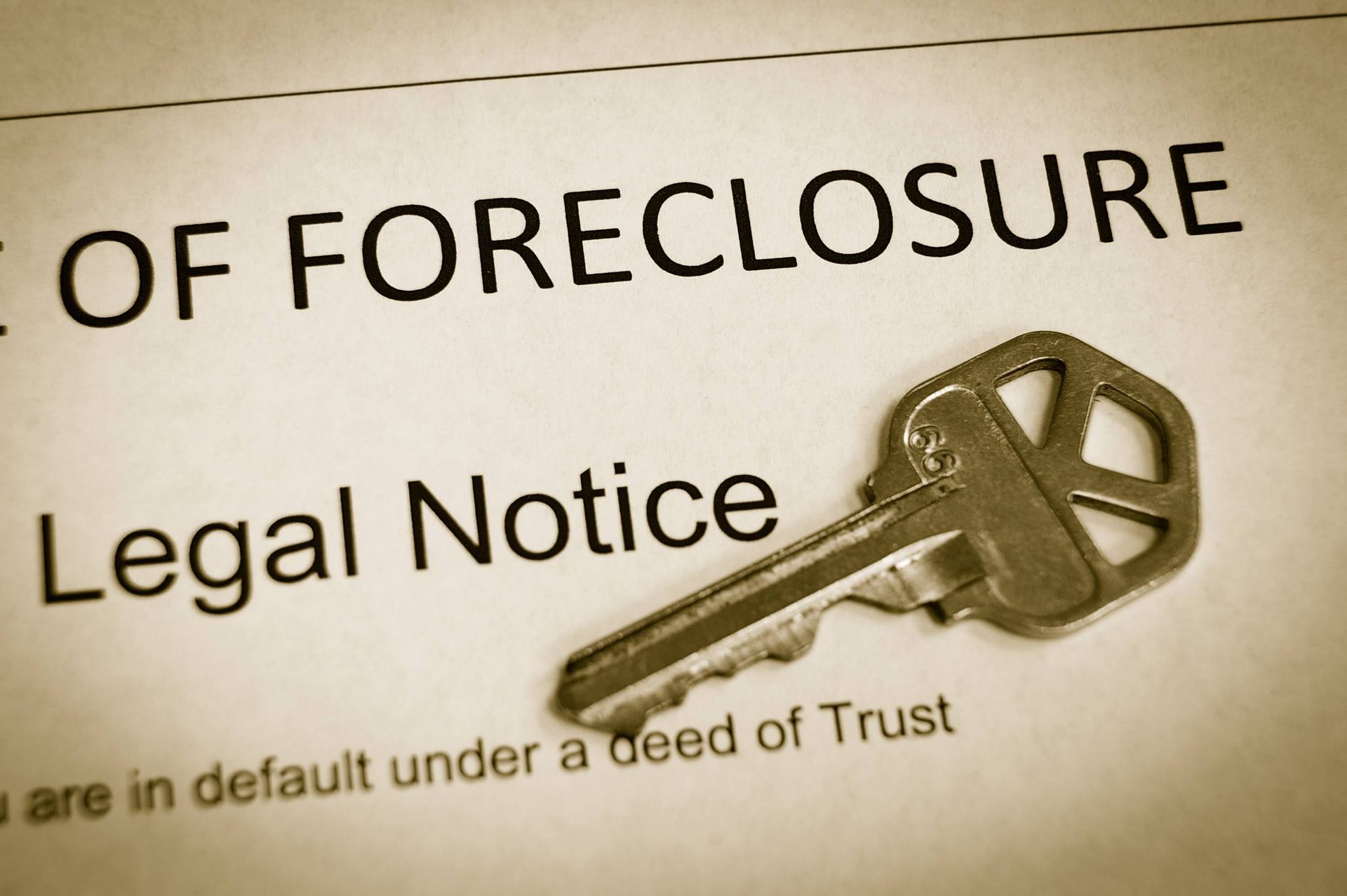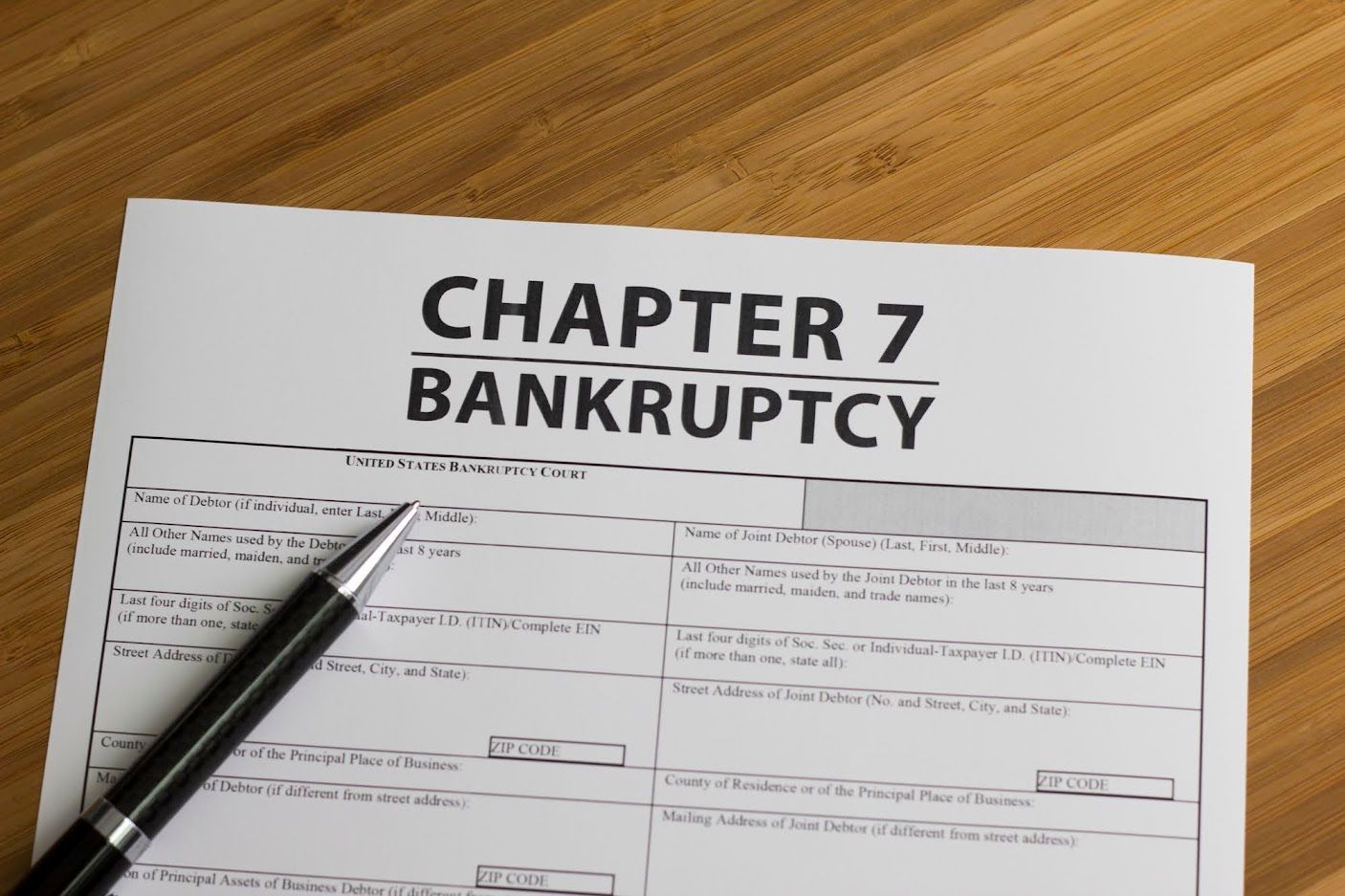6 Ways an Attorney Helps You During Real Estate Transactions
November 1, 2022

The sale and purchase of real estate property can be a complicated process. Besides dealing with the property owner, you must also consider state and local regulations during property transactions. Also, a lot of paperwork is involved in a real estate transaction.
The intricacies of real estate deals can make the process tiresome for a property buyer or a seller. A real estate attorney walks you through the process of closing a real estate transaction favorably. To that end, discover six ways an attorney can help you during a real estate transaction.
Selling real estate property involves a great deal of paperwork between the seller and the buyer. Having a real estate attorney by your side ensures all your paperwork complies with local real estate laws.
Your attorney also reviews any contracts the other party in a real estate sale asks you to sign. They explain every document to you so that you only sign a deal when you understand all the contract terms.
After you sign all real estate documentation, your attorney ensures all the appropriate government offices have your files.
Property transactions often involve negotiation as both parties want a favorable deal. A real estate lawyer goes over the property information to ensure the best deal possible.
Your attorney explains all the legal complexities of the deal and negotiates adjustments to the sale contract if terms exist that you disagree with. An attorney's support during the negotiation process increases your chances of securing a favorable or at least equitable deal.
A real estate attorney checks whether a building you want to sell or buy complies with local zoning laws and building codes. They also ensure the property meets all permit guidelines set by the state. Your attorney also drafts and reviews the language in a sales or purchase contract to ensure compliance with local and state laws on real estate transactions.
A title search is necessary before closing a real estate deal to ensure no financial links or claims by another party cloud the property's title. Any encumbrances to the title could block the seller's legal right to sell the property.
Sometimes, a legal claim exists against a property where the owner had put it up as collateral for a debt. In this case, the property owner must pay a lien before they can sell their property. A real estate attorney secures proof that a property owner has satisfied the lien on a property on sale to protect you from legal complications down the line.
All property buyers can benefit from legal assistance when closing real estate deals. A real estate attorney drafts the deeds necessary to effectuate the property transfer and reviews all closing agreements.
A lawyer ensures a smooth transaction and efficient deal closing. When an attorney handles the property transaction from beginning to end, you feel more confident that your investment is secure.
Although you may hire a real estate agent to buy or sell a property on your behalf, their motivation is often the commission they earn from the transaction. Thus, their focus is usually to close the deal as fast as possible.
In contrast, an attorney prioritizes your interests during real estate transactions. Your attorney will not be in a hurry to close the deal. They will take time to examine every document related to the property sale or purchase to ensure the documents reflects your interests.
Throughout the process, your attorney gives you legal counsel and tips to ensure the deal works out in your favor.
Real estate transactions are complex to navigate on your own. But with an attorney, you can rest assured that your real estate deal will work out smoothly. Contact us today at Ozment Law for representation during real estate transactions.
1. Prepare and Review Paperwork
Selling real estate property involves a great deal of paperwork between the seller and the buyer. Having a real estate attorney by your side ensures all your paperwork complies with local real estate laws.
Your attorney also reviews any contracts the other party in a real estate sale asks you to sign. They explain every document to you so that you only sign a deal when you understand all the contract terms.
After you sign all real estate documentation, your attorney ensures all the appropriate government offices have your files.
2. Help With Negotiations
Property transactions often involve negotiation as both parties want a favorable deal. A real estate lawyer goes over the property information to ensure the best deal possible.
Your attorney explains all the legal complexities of the deal and negotiates adjustments to the sale contract if terms exist that you disagree with. An attorney's support during the negotiation process increases your chances of securing a favorable or at least equitable deal.
3. Check Compliance With Building Codes and Permit Laws
A real estate attorney checks whether a building you want to sell or buy complies with local zoning laws and building codes. They also ensure the property meets all permit guidelines set by the state. Your attorney also drafts and reviews the language in a sales or purchase contract to ensure compliance with local and state laws on real estate transactions.
4. Conduct Title Searches and Review Liens
A title search is necessary before closing a real estate deal to ensure no financial links or claims by another party cloud the property's title. Any encumbrances to the title could block the seller's legal right to sell the property.
Sometimes, a legal claim exists against a property where the owner had put it up as collateral for a debt. In this case, the property owner must pay a lien before they can sell their property. A real estate attorney secures proof that a property owner has satisfied the lien on a property on sale to protect you from legal complications down the line.
5. Close Deals
All property buyers can benefit from legal assistance when closing real estate deals. A real estate attorney drafts the deeds necessary to effectuate the property transfer and reviews all closing agreements.
A lawyer ensures a smooth transaction and efficient deal closing. When an attorney handles the property transaction from beginning to end, you feel more confident that your investment is secure.
6. Provides Legal Counsel and Representation
Although you may hire a real estate agent to buy or sell a property on your behalf, their motivation is often the commission they earn from the transaction. Thus, their focus is usually to close the deal as fast as possible.
In contrast, an attorney prioritizes your interests during real estate transactions. Your attorney will not be in a hurry to close the deal. They will take time to examine every document related to the property sale or purchase to ensure the documents reflects your interests.
Throughout the process, your attorney gives you legal counsel and tips to ensure the deal works out in your favor.
Real estate transactions are complex to navigate on your own. But with an attorney, you can rest assured that your real estate deal will work out smoothly. Contact us today at Ozment Law for representation during real estate transactions.



